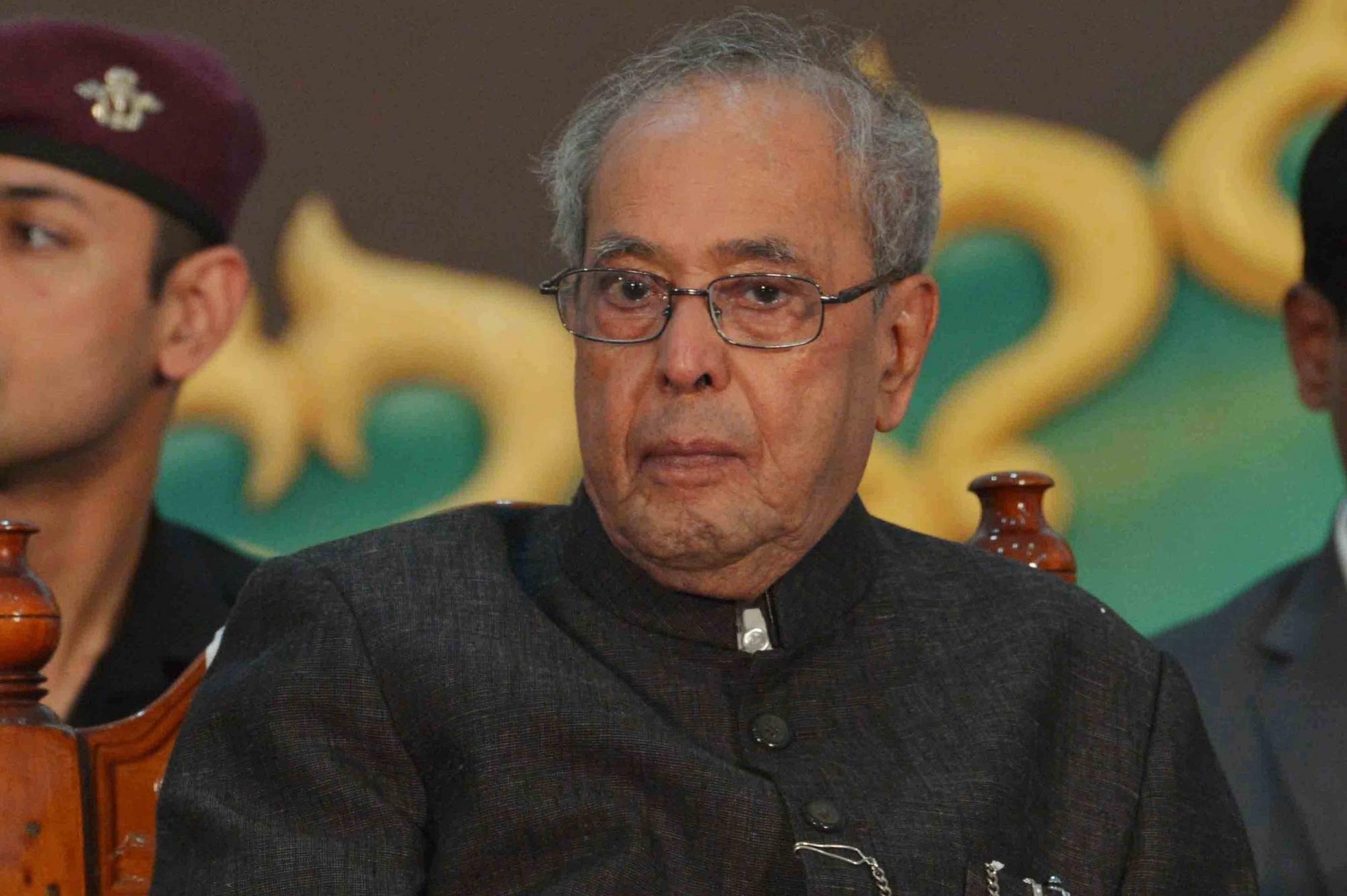New Delhi, Aug 28 (IANS) Former President Pranab Mukherjee here on Wednesday said while newspapers were getting closed everywhere, they were doing quite well in India and urged the media to make a meaningful difference in the field of development communication. "It's the uniqueness of the Indian economy that gets reflected in the fact that while newspapers are getting shut everywhere else, they are doing quite well in India. There are over 114,000 publications in India today, and their circulation is a staggering 488 million," he said. "The world's largest circulated English language newspaper happens to be an Indian daily. With literacy increasing every year, new newspapers are being published," he said. Despite the massive expansion of television and internet, the educational aspects of the news media had been mostly ignored, he said and added, "The Indian media, therefore, has a moral imperative to be at the forefront of setting the discourse about how to deploy media and communication tools for quality education programs." Stating that South Asia might be a challenging space to travel and meet people, the former President requested journalists to present the picture of India they observe. Stressing that the gloom and darkness alone should not dominate the news coverage, he said a conscious effort must be made to highlight the positive and inspire change for the better. "The power of media could be used to engage in a nationwide endeavor to reset our moral compass," Mukherjee who was recently awarded the Bharat Ratna said at the Kalinga FCC awards for excellence in journalism. "Integrity and independence are the two sides of the same coin" and should be equally important for media and each individual. "Media is the mediator between the public and the public servants. It has the power to ensure social justice and equality. It also ensures that the power is not misused," he said. Talking about the Indian economy he said the country aspired to be a $5 trillion economy in 5 years and $10 trillion economy in the decade thereafter. "It will be a challenging task. Every fifth person in the country is still poor. But with its unique characteristics, the Indian economy was able to withstand the international financial downturn in 2007, even though we had adopted globalization," he said. Mark Tully, former Delhi bureau chief of BBC, said the awards were an attempt by the Foreign Correspondents Club (FCC) to raise the profile of South Asia in India. "There's always room for greater efforts. These prizes, I am hopeful, will increase the interest in South Asia," he said. The Print Journalist of the Year award was presented to Team Reuters, Rajini Vaidyanathan of BBC won the Television Journalist of the Year award, the Photojournalist of the Year award went to Harush Tyagi of European Pressphoto Agency, Rakesh Nagar of PBS won the Videojournalist of the Year award, while Team Reuters bagged the digital journalist of the year award.
Pranab Mukherjee reminds the media of its role, duties
- by Rinku
- August 28, 2019 2 minutes

Pranab Mukherjee. (File Photo: IANS)











